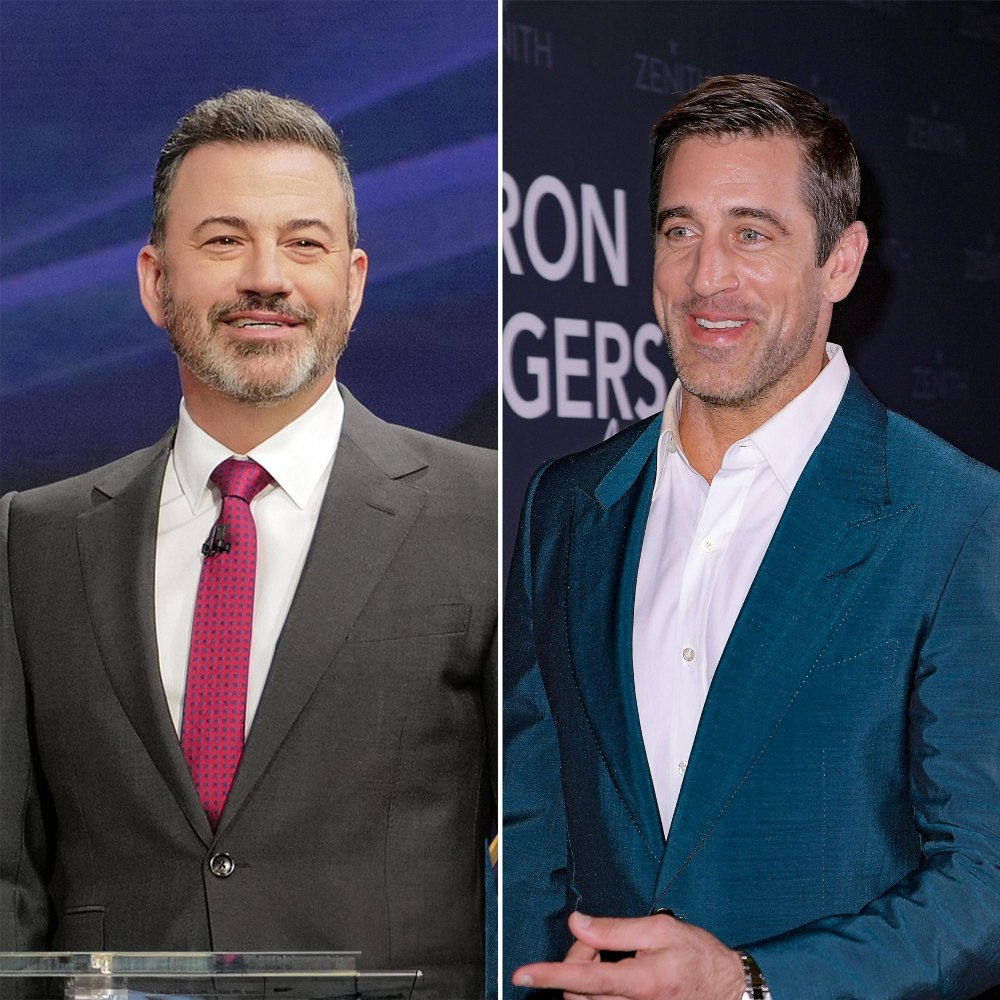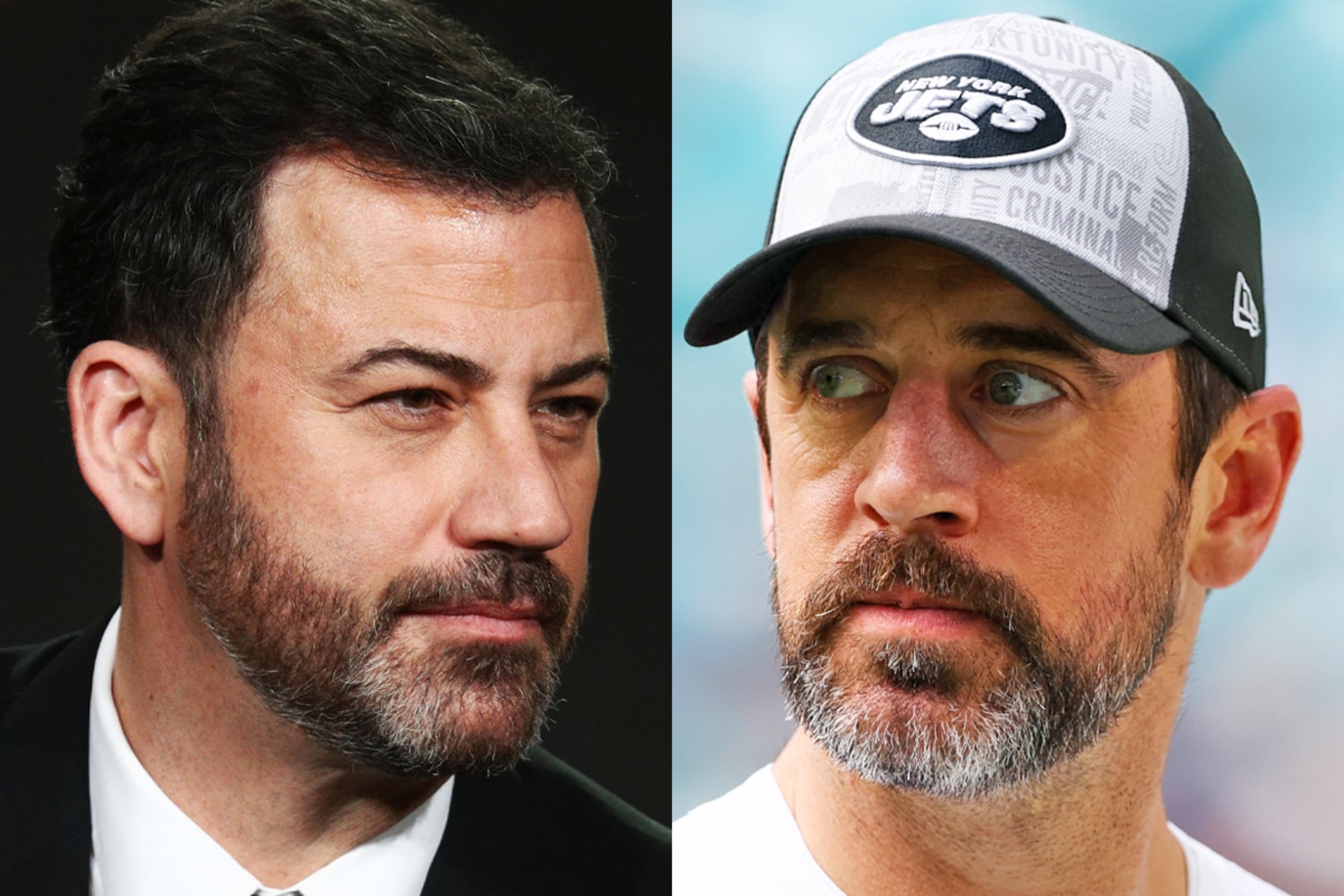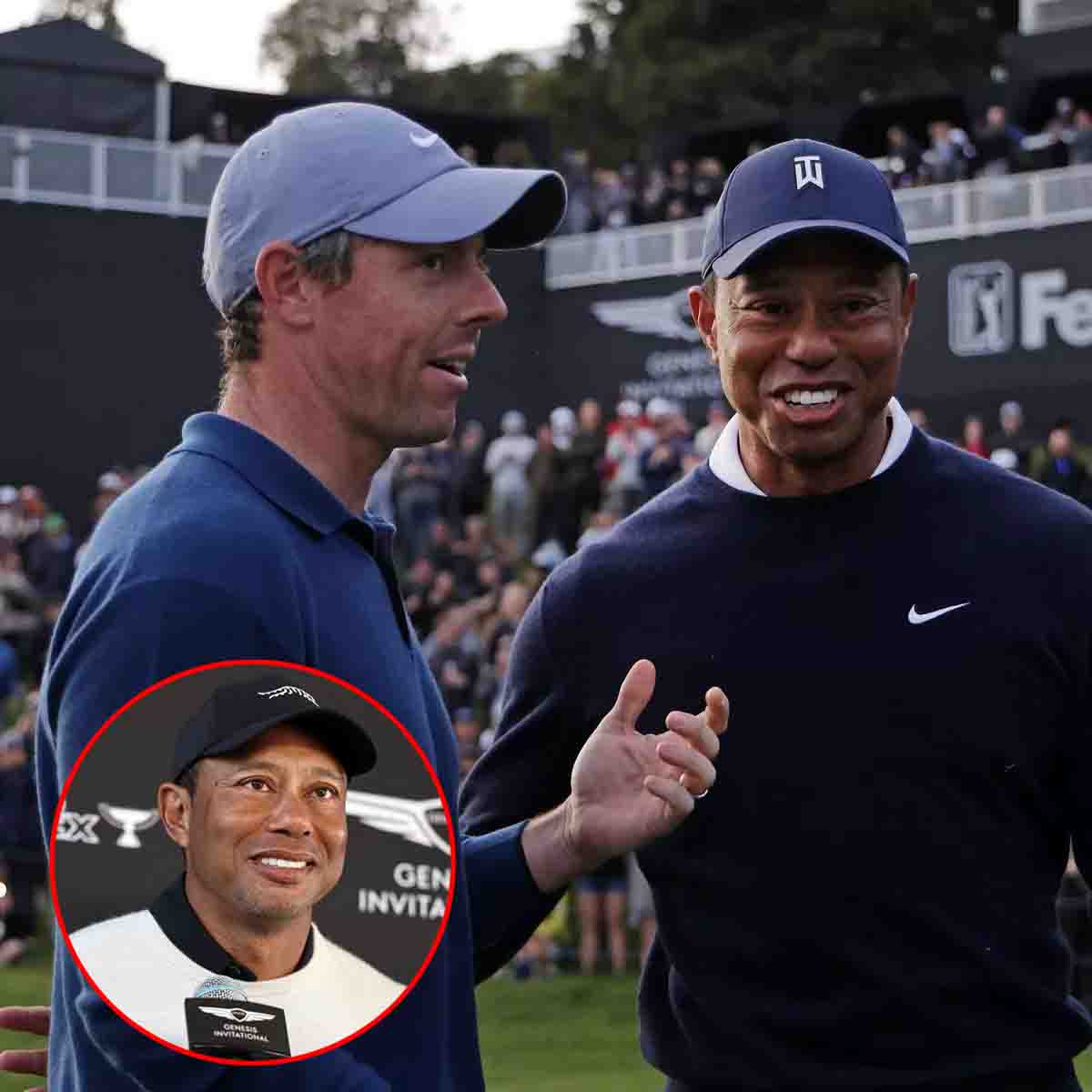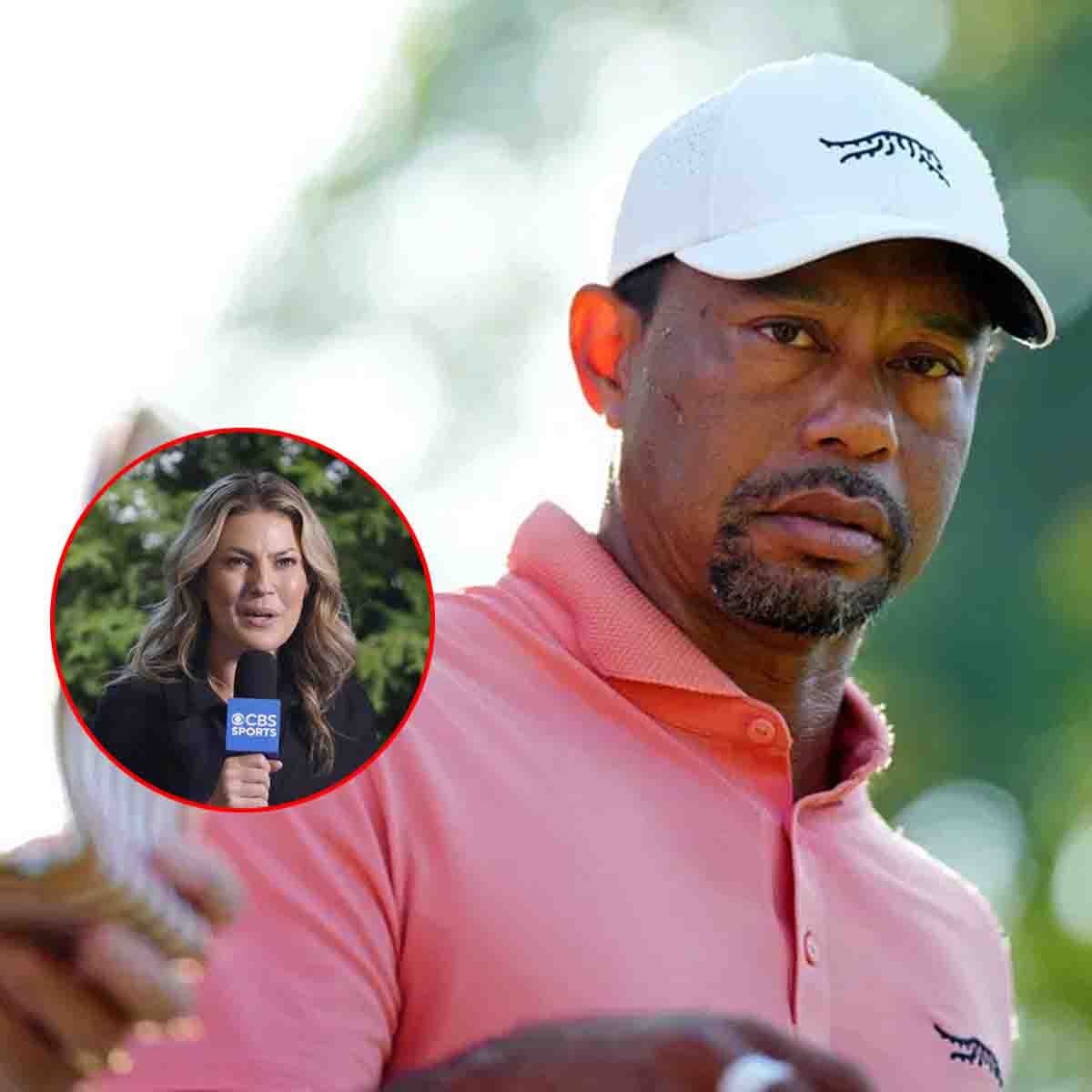The feud between Jimmy Kimmel and Aaron Rodgers deepened Monday night when, during his late-night show, Kimmel spent about seven minutes slamming the New York Jets quarterback for falsely accusing him of being one of more than 100 people named in Jeffrey Epstein’s “list.”

The list was released on Jan. 4 and linked celebrities, politicians and billionaires, including former President Bill Clinton and Prince Andrew, to Epstein, who died by suicide in a Manhattan jail cell in 2019 while awaiting trial on federal 𝑠e𝑥 trafficking charges.

Kimmel was not on the list.
But the comedian’s TV response, in which he called Rodgers “hamster brained” and mocked him for not graduating college, raises questions about the dos and don’ts of defending yourself and whether it’s ever OK to not take the high road, particularly when your career and personal safety is at stake. What happened between Jimmy Kimmel and Aaron Rodgers?
Rodgers, in a discussion of Epstein’s “list” during “The Pat McAfee Show” on Jan. 3, said, “There’s a lot of people, including Jimmy Kimmel, who are hoping that [list] doesn’t come out.” His comments later sparked apologies from McAfee and ESPN.

Kimmel first responded to Rodgers’ comments the same day on X: “For the record, I’ve not met, flown with, visited, or had any contact whatsoever with Epstein, nor will you find my name on any ‘list’ other than the clearly-phony nonsense that soft-brained wackos like yourself can’t seem to distinguish from reality,” he wrote. “Your reckless words put my family in danger. Keep it up and we will debate the facts further in court.”
Five days later during “Jimmy Kimmel Live!” Kimmel said that “a lot of delusional people honestly believe I am meeting up with Tom Hanks and Oprah at Shakey’s once a week to eat pizza and drink the blood of children” because of Rodgers comments. “I hear from these people often, my wife hears from them. My kids hear from them,” Kimmel added. “My poor mailman hears from these people.”
Kimmel went on to say that “the idea that [Rodgers’] brain is just average is unfathomable to him,” referencing Rodgers’ past comments about COVID. He added that “Aaron got two A’s on his report card, and they were both in the word ‘Aaron.'”
Kimmel finished his monologue by challenging Rodgers to apologize.

How we react when we’re attacked and what it says about us
Many people might agree that Kimmel wasn’t out of line for reacting the way he did to 𝑠e𝑥 trafficking accusations, as vague as they might have been. But experts say that succumbing to the fiery desire to attack your attacker, verbally or physically, could cause more harm than good.
Carl Nassar, a licensed professional counselor who specializes in the impact of culture on individual and collective well-being, told USA TODAY that when a person feels shamed by another, they tend to react in one of three ways:
- Avoid: We may become self-reflective, wondering what we might have done that led us to being shamed in this way.
- Attack: We are “ready to go out there and verbally ‘rip the person from limb to limb,’” to show that person that it’s never OK to treat us that way, Nassar said.
- Approach: We want to stand up for ourselves and explain that what was said is not true by “telling the world who we really are,” Nassar said.
Although an “attack” response may feel satisfying in the moment, Nassar said attacking another person is “likely to escalate the feud — and it makes the apology Jimmy appropriately asked for notably less likely to happen.”
That said, Nassar said other aspects of Kimmel’s response displayed healthy ways to defend yourself when necessary.
“It’s clear [Kimmel] wants to define himself in strong language, making it clear that he’s a decent, outstanding individual who cares about not only himself, but his wife and his kids and, per his monologue, even his mailman,” Nassar said. “He also wants to make it clear to everyone that trusted public figures such as Aaron Rogers have a responsibility to thoughtfully inform themselves and to speak truthfully in public settings.”
Kimmel also noted that he would accept an apology, which Nassar said was a healthy and mature response.
On Tuesday, Rodgers responded to Kimmel’s monologue, but not with an apology.

“I don’t think [Kimmel] is a p word,” Rodgers said, referring to “pedophile,” adding that he understands how serious a pedophilia allegation would be. “I’m not stupid enough to accuse [Kimmel] of that — even though he thinks I’m an idiot — with absolutely zero evidence,” Rodgers said.
He acknowledged that he, too, would like to move on, but not without mentioning how impressed he is that “a man who went to Arizona State and has 10 joke writers can read off a prompter.”





